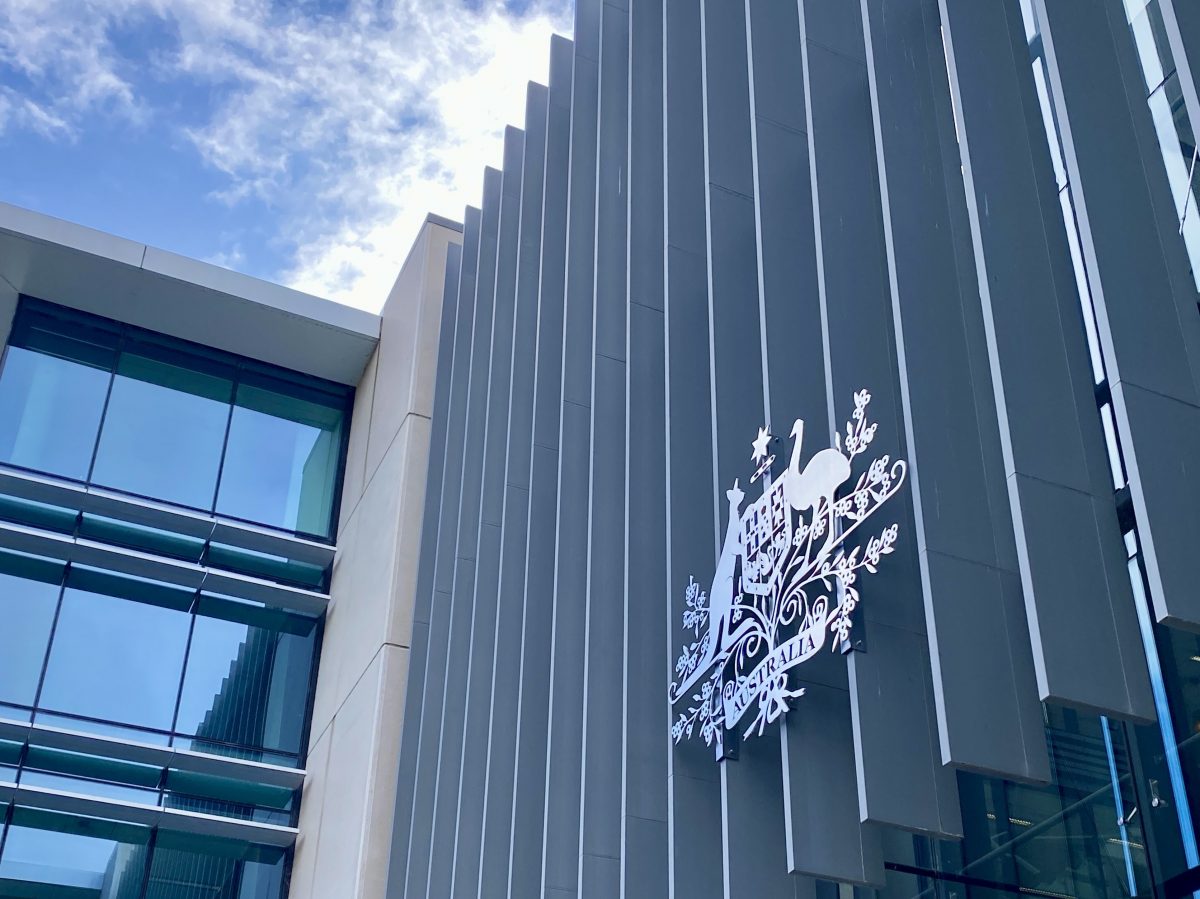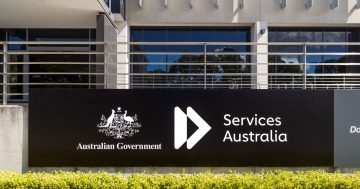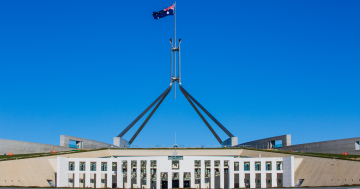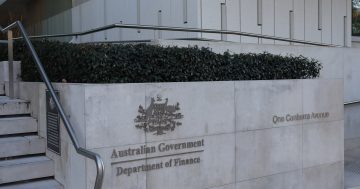
The Department of Finance will have a significant role in procurement. Photo: James Coleman.
Government procurement is becoming increasingly centralised under federal Labor, with the Department of Finance recently establishing more overarching panels for APS agencies.
Known as Whole of Australian Government (WoAG) panels, the latest are specifically designed to deal with contractors and consultants.
With the aim of saving money and avoiding corruption in procurement, the central department is taking more notice of what individual agencies are doing when it comes to securing services.
Dynamic Sourcing for Panels (DS4P) is AusTender’s panel functionality and while individual agencies in many cases undertake their own procurement, oversight is becoming more intense.
A Finance Department spokesperson told Region: “In 2022, Finance established two new WoAG panels: the People Panel, for recruitment and search services, labour hire services and contractor services; and the Management Advisory Services Panel, for management advisory services, commonly known as consultancies.
“These panels are mandatory for non-corporate Commonwealth entities and optional for corporate Commonwealth entities and Commonwealth companies, including Government Business Enterprises authorised by Finance to use the Panel. Procurements undertaken using these panels are reported on AusTender in the usual manner.”
The Department of Finance is responsible for the Commonwealth Procurement Framework, including the Commonwealth Procurement Rules and tools and guidance that support procurement activities undertaken by relevant Commonwealth entities.
“This includes AusTender, the Whole of Australian Government procurement information system, of which DS4P is a component,” the spokesperson said.
“The framework is devolved in nature, meaning that individual entities are responsible for undertaking their own procurements, including ensuring they have processes in place to support compliance with the framework.
“The framework provides for the establishment of panel arrangements, including Whole of Australian Government panels.”
These rules also aim to have greater control over direct sourcing habits that keep favoured contractors in lucrative deals without renewed tendering.
“The Commonwealth Procurement Rules continue to allow for limited tenders to be undertaken in certain circumstances where exemption conditions have been met,” the spokesperson said.
“Changes introduced to the Commonwealth Procurement Rules, which took effect on 1 July 2022, encourage entity procurement officials to maximise competition through approaching multiple potential suppliers when using a standing offer arrangement.”
Finance establishes and manages non-ICT WoAG panels, which are made available to Commonwealth entities undertaking procurement for common goods or services. Compliance with some of these arrangements is mandatory for certain entities.
The Digital Transformation Agency manages all ICT procurement panels, but the DTA itself is under a cloud following a scathing Australian National Audit Office report last year into its procurement practices.
The ANAO found that Commonwealth Procurement Rules were repeatedly ignored by the agency.
“For the procurements examined by the ANAO, the DTA did not conduct the procurements effectively, and its approach fell short of ethical requirements,” the ANAO report stated.
“For the procurements examined by the ANAO, the DTA has not managed contracts effectively.”
The ANAO failed the DTA on all nine procurement contracts it examined, finding them ineffective and with weak oversight.
There were examples of the value of a contract being bumped up 40 times the original cost and being varied 10 times over the life of the contract.
Suppliers were sometimes not selected from procurement panels even when requirements stipulated they had to be.
There were also favourite go-to suppliers being used through methods that did not even follow the DTA’s own rules.
One ANAO recommendation suggested that the Federal Government “implement reporting requirements for procurements from standing offers, such as panels, to provide transparency on whether an opportunity was open to all suppliers and, if not, how many suppliers were approached”.
The government only noted that recommendation at the time, but the Minister for Finance and Minister for the Public Service, Katy Gallagher, strongly expressed her outrage over what had occurred at the DTA.





















